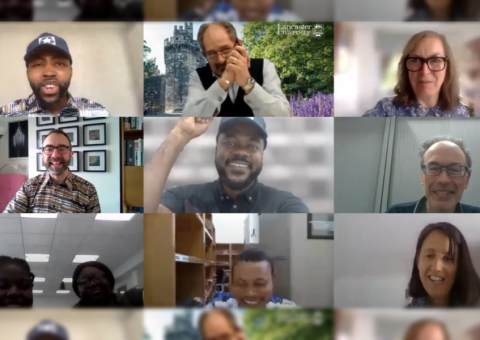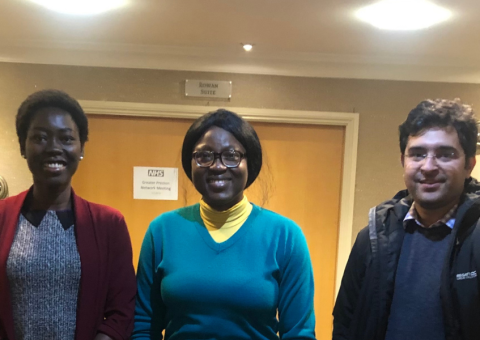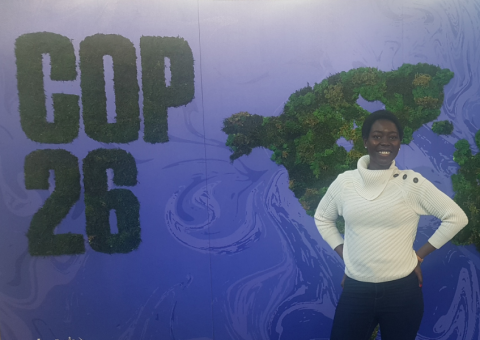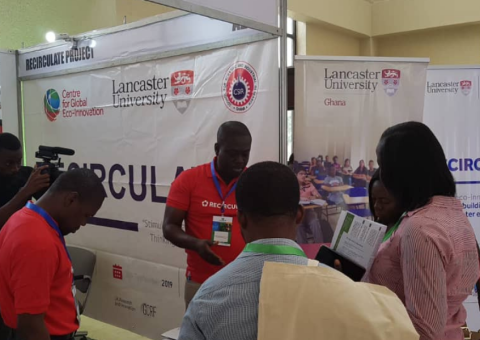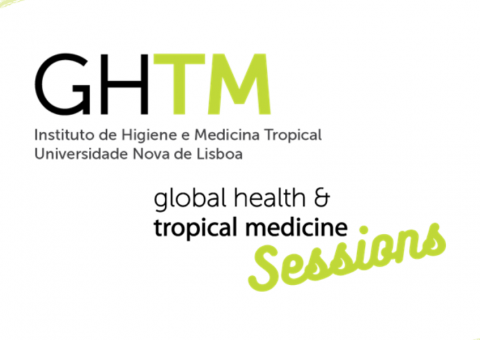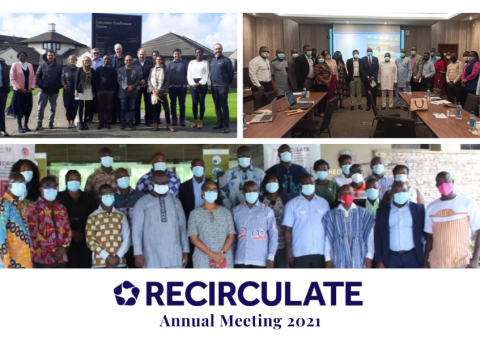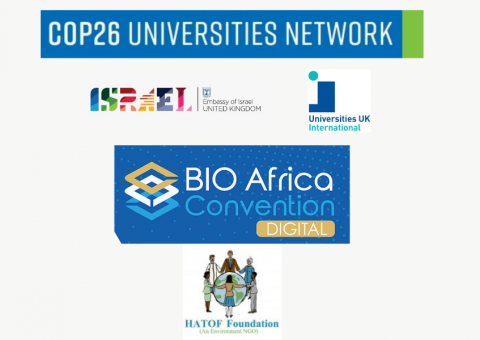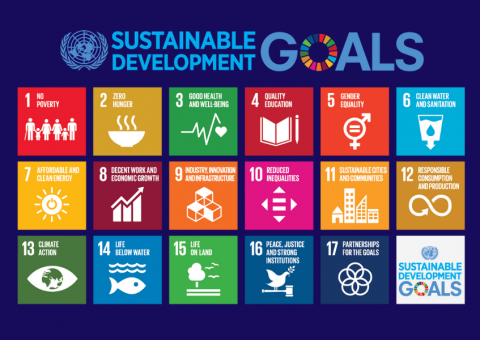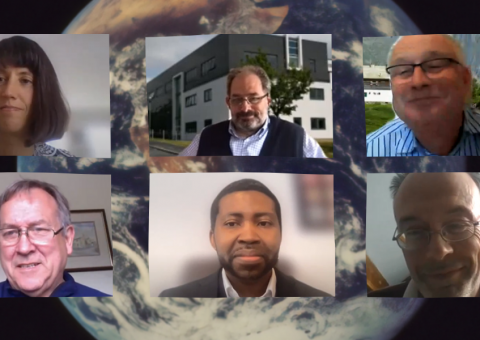
RECIRCULATE
Driving eco-innovation in Africa. Capacity building for a safe circular water economy.
Entrepreneurship & Innovation

What is the optimum “ecosystem” for African research institutions to work with, in and for their communities?
African scholars and policy makers have consistently argued for the need to develop strong local institutions to address the everyday struggles of poor citizens – the primary targets of the UN’s Sustainable Development Goals.
Research organisations form a key element of these “strong local institutions”, meaning that communities must therefore be the ultimate targets of the ‘smart solutions’ we aspire to develop through this work package.
The core research question for this work package is “what is the optimum “ecosystem” for African research institutions to work with, in and for their communities?” Under this overall question, we will investigate:
- How to grow innovation capacity and entrepreneurial capabilities (the entrepreneurial ecosystem) to shape the design, development and exploitation of high quality science, technology, engineering and maths (STEM) research for sustainable development by delivering eco-innovative solutions.
- Investigate who the key innovators and “change makers” are in different African communities.
- Research if models focussed on small to medium sized enterprises (SMEs), successful in the UK, translate to an African context or are other/additional foci required? The co-creation of appropriate scalable programmes will contribute to international research in to knowledge transfer and exchange and provide a platform for dissemination to improve community-research interactions.
This main research objective can be narrowed down in three specific objectives:
- To co-create appropriate scalable programmes that will contribute to international research and knowledge exchange initiatives (e.g. SETS training the trainers workshop, replicable in Nigeria);
- To provide a platform for dissemination to improve community-research interactions (e.g. Networks WINA; SETA; FITA);
- To build capacity in working with, in and for communities (e.g. Long term engagement during residencies periods in the UK).
WP1 Updates
© 2020 Lancaster University

